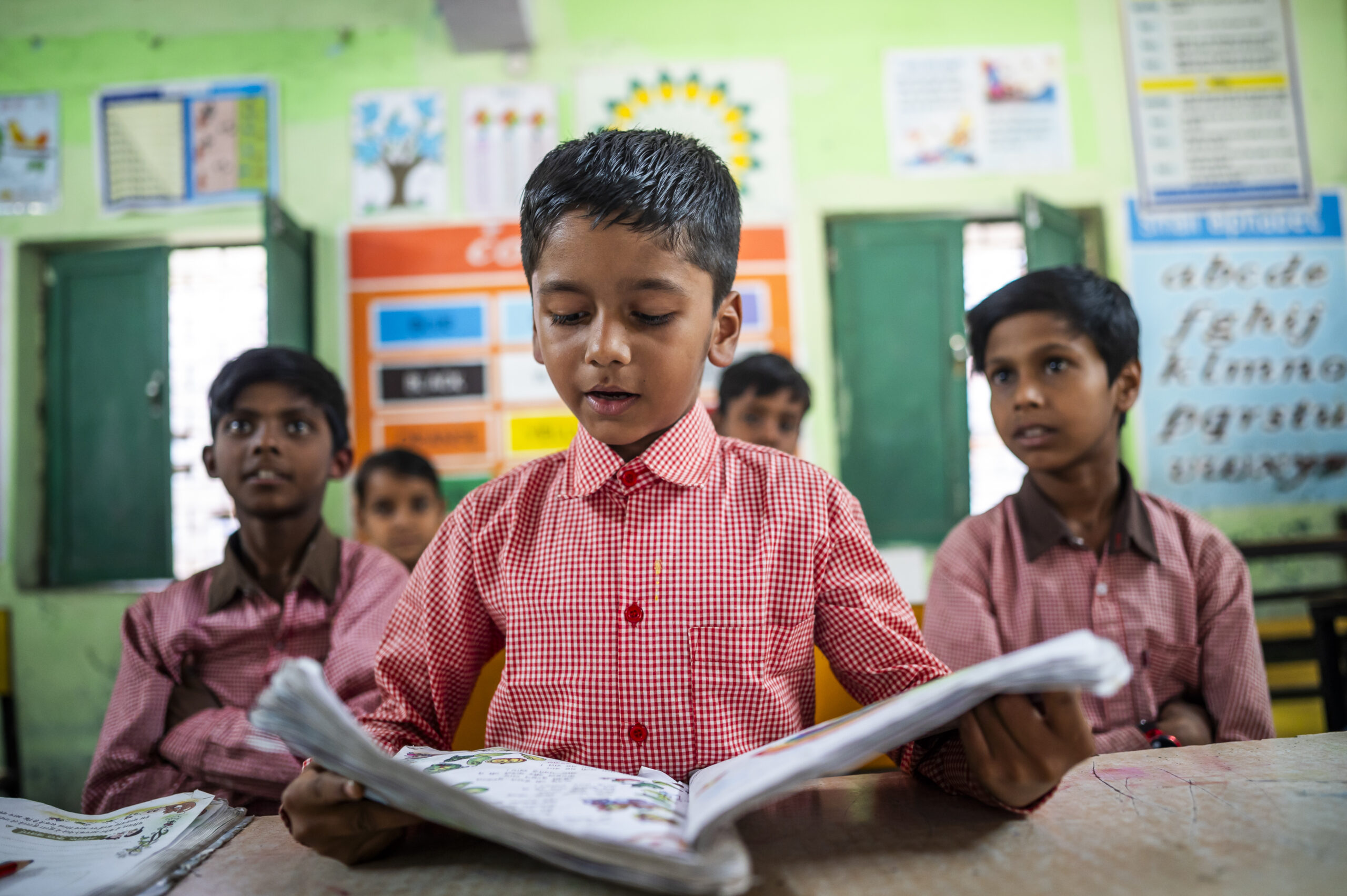Beyond Access: Insights from the Bharat Survey for EdTech 2025
The use of digital technology in education is no longer a distant promise in India but a lived reality for millions of children and teachers. With near-universal smartphone access and…
The use of digital technology in education is no longer a distant promise in India but a lived reality for millions of children and teachers. With near-universal smartphone access and…
On February 18 2026, Central Square Foundation (CSF) launched the second edition of the Bharat Survey for EdTech (BaSE) 2025, a first-of-its-kind national survey that brings out the voice of…

Academic Resource Persons (ARPs) form a critical pillar of Uttar Pradesh's education ecosystem, serving as frontline mentors who bridge policy and practice in the classroom. The cadre was established through…

Improving foundational learning at the scale of Uttar Pradesh, where ~1.11 lakh primary schools (UDISE) and over 4.5 lakh teachers (State reported numbers) shape the early learning experiences of ~1…

Romonika D SharanProject Director, Policy and Communications, Central Square Foundation Q1: India’s education policies have historically shifted based on political priorities. With Samagra Shiksha ending this year and the NIPUN…

In 2025, what does India’s changing FLN story reveal about its ambitions? Picture three children entering Grade 1, each decades apart. In 1955, a child sat cross-legged on a mat,…
About Nidhi K.M. Nidhi is a trained Early Childhood Care and Education (ECCE) educator who specialises in pre-primary education. She joined the school as an ECCE educator in June 2025,…
Yashika Salian, an alumna of Jawahar Navodaya Vidyalaya (JNV) Dakshina Kannada and IIT Kanpur, exemplifies how the right guidance and persistence can unlock possibilities. Her story is a testament to…
Pramod Senapati, Teacher, Kamalapadar Upper Primary School, Malkangiri Block, Odisha Q1. What does it mean to you to be part of a child’s early learning journey? What makes teaching in…
Sandeep Pachar, Junior Basic Teacher, Model Sanskriti Primary School, Fatehpur, Panchkula Q1. What inspired you to become a teacher and how has your teaching journey evolved, especially in the context…